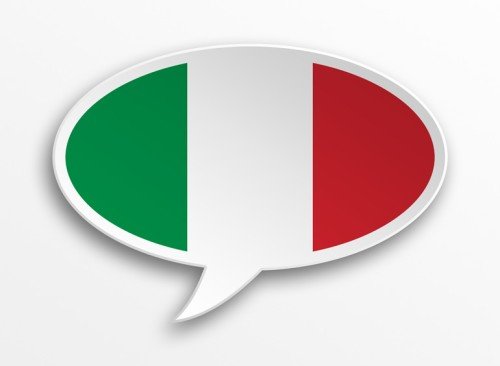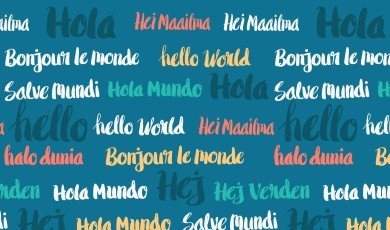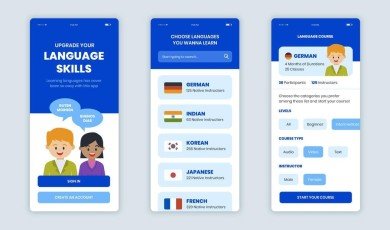
When traveling to a foreign country, one of the most daunting challenges can be communicating with locals who may not speak your language. In Italy, a country known for its rich history, stunning architecture, and mouth-watering cuisine, the language barrier can be particularly challenging. However, with a little preparation and a few handy tips, translating in Italy can be a breeze.
Firstly, it is important to note that Italian is the official language of Italy, and while many Italians speak English, it is not a guarantee that everyone you encounter will be fluent. Therefore, it is recommended that you learn some basic Italian phrases before your trip, such as "buongiorno" (good morning), "grazie" (thank you), and "scusi" (excuse me). Knowing these phrases will show locals that you have made an effort to communicate with them and can help break the ice.
If you find yourself struggling with the language barrier, there are several tools and resources that can help. One of the most popular tools is a translation-companies-milan">translation app, such as Google Translate or Microsoft Translator. These apps allow you to type or speak a phrase in your language, and then provide a translation in Italian. While these translations may not always be perfect, they can be a useful tool for getting your point across.
Another option is to hire a professional translator. This is particularly useful if you are conducting business in Italy or attending a professional event where accurate communication is essential. You can find professional translators through online directories or by asking for recommendations from local business contacts.
If you prefer a more personal touch, you can also hire a language tutor or language exchange partner. These individuals can provide one-on-one instruction and conversation practice, helping you to improve your Italian language skills and better communicate with locals.
Here are some additional tools and resources that can help with translating in Italy:
-
Phrasebooks: A phrasebook is a pocket-sized book that contains common phrases and expressions in a foreign language. This can be a handy tool to have when you need to communicate basic information, such as ordering food at a restaurant or asking for directions.
-
Language learning apps: There are many language learning apps available that can help you improve your Italian skills before and during your trip. Popular apps include Duolingo, Babbel, and Rosetta Stone.
-
Online translation services: In addition to translation apps, there are many online translation services available, such as DeepL and SDL FreeTranslation. These services allow you to translate text or documents from one language to another.
-
Bilingual dictionaries: A bilingual dictionary can be a useful tool when you need to look up the meaning of a word or phrase in Italian. There are many bilingual dictionaries available online or in print, such as the Oxford Italian Dictionary or the Collins Italian Dictionary.
-
Language exchange websites: Language exchange websites, such as Tandem and HelloTalk, allow you to connect with native speakers of Italian who are looking to learn your language. This can be a great way to practice your Italian skills and get real-life conversation practice.
Remember, the key to successfully navigating the language barrier in Italy is to be prepared, patient, and open-minded. With these tools and resources, you can communicate more effectively with locals and have a more enjoyable and immersive travel experience.
Finally, it is important to be patient and understanding when communicating with locals in Italy. While the language barrier can be frustrating at times, it is important to remember that communication is a two-way street. If you approach locals with a positive attitude and a willingness to learn, they will likely be more willing to help you and communicate with you in a way that you can understand.
In conclusion, translating in Italy can be a challenge, but with a little preparation and some handy tools, it can also be a rewarding experience. Whether you are learning the language for the first time, hiring a professional translator, or simply trying to get by with basic phrases, remember to approach communication with locals with patience, understanding, and a willingness to learn. Buona fortuna! (good luck!)








